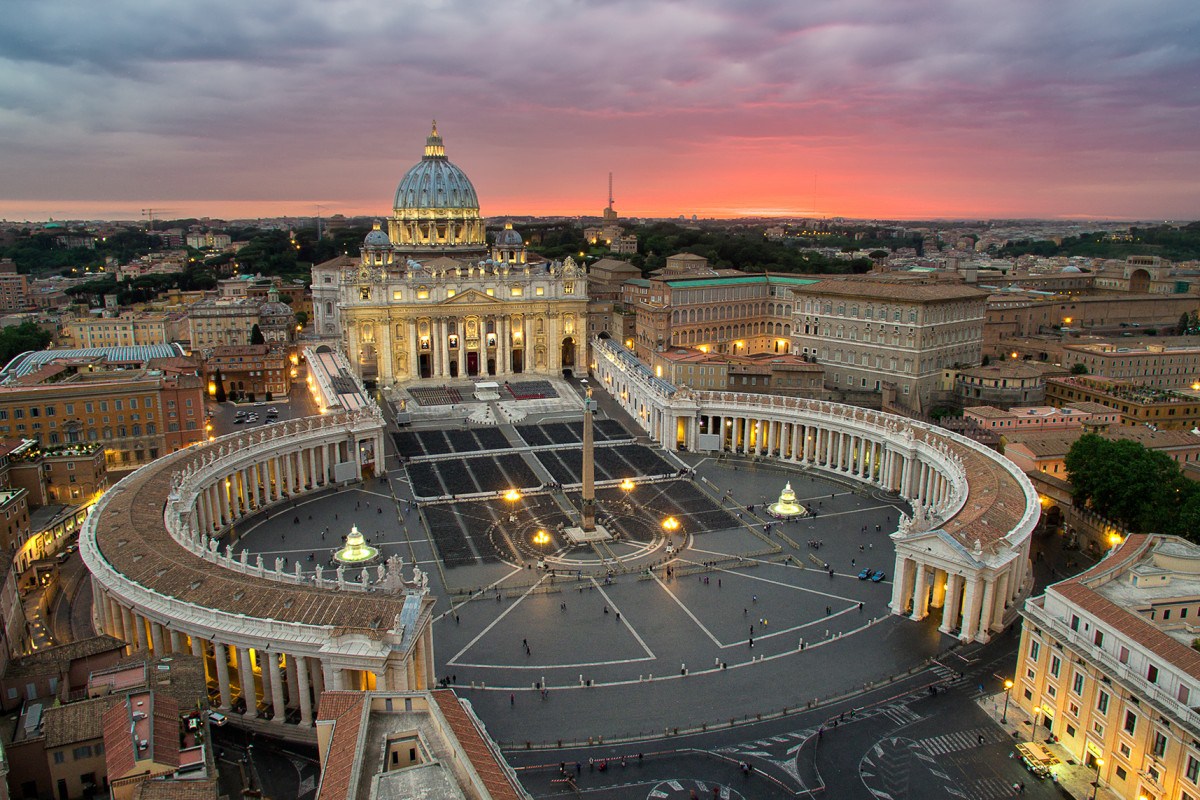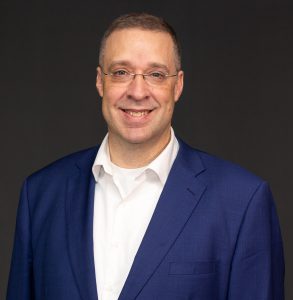
Question:
It seems like Vatican II was a big deal, but I don’t really know much about it. Can you explain it a little bit?
Answer:
We did indeed recently celebrate the anniversary of the beginning of Vatican II. The Council formally began on Oct. 11, 1962, and hence this past fall we celebrated the 60th anniversary of its opening. But what was the Council and, as the questioner asks, why does it matter?
In short, Vatican II was a gathering of all the bishops of the world, together with the pope, in the early ’60s. A gathering of the pope and all the bishops is called an “ecumenical council,” and it is relatively rare in the history of the Church: Vatican II was only the 21st such council. And why “Vatican II” or the “Second Vatican Council” as the name? Because this was the second such council that was held at the Vatican (the other 19 councils were held in a variety of locations).
In each case, the councils were called to address some matter of serious concern for the Church. In the case of Vatican II, it was called by Pope St. John XXIII for this purpose: to renew the Church in order to more effectively proclaim Jesus Christ and his teachings to the world. In his opening address at the Council, John stated that the greatest concern of the Council was that Catholic doctrine—church teaching, the teachings of Jesus—“should be guarded and taught more efficaciously,” that is, more effectively. Our last pope, Pope Benedict, was a theological expert at the Council, and shortly after it concluded he summarized its purpose this way: “Ultimately, the Council sought simply to do at the present time what the Church’s proclamation is supposed to do at all times: to lead the way on the journey of faith.” And his predecessor, St. John Paul II, who was a bishop at the Council, wrote after the Council that its purpose was to answer these fundamental questions: “What does it mean to be a believer, a Catholic and a member of the Church?”
Again, all of these are different ways of stating the same thing: the goal of the Council was that the Church might be renewed in order to lead to a more effective evangelization of the world. Yet in the years after the Council, many of its leading participants lamented the fact that the renewal the Council had hoped for had yet to happen. Why? Many of them attributed it to a simple reason: the documents had been basically ignored.
One theologian, Father Henri de Lubac, noted that while the Council had provided the plan for renewal, “The Council is little known and followed even less.” Other scholars, up to our own time, have noted that the Council texts remain largely unopened gifts that remind one of the parable of the talents, which were buried in the ground.
Because of this, Pope Francis, Pope Benedict and, in a particular way, Pope John Paul II strongly emphasized the need for all members of the Church to read and study these documents. John Paul II said the primary task of his pontificate, as well as of the entire Church at this time, was the implementation of the Council, and that the best way for the Church to begin the new millennium was to apply the teachings of the Council to the life of every individual and of the entire Church.
Again, the documents are not just for clerics and religious … they are for all Catholics. And all Catholics can read them! There are “ordinary” Catholics in our diocese who have read the documents and have commented on how understandable they are. Do not be intimidated by them; they are, as John Paul II put it, the great gift of the Spirit to the Church in our time, and we must read and live them if the Council is to bear fruit.
A final note about the particular importance of Vatican II for us in east river South Dakota: in many ways, both the diocesan vision (Lifelong Catholic Missionary Discipleship Through God’s Love) and our pastoral planning process (Set Ablaze) are ways of bringing Vatican II to life here—vibrant parishes of Catholics who are seeking transformation in the Lord by the power of his Holy Spirit for themselves and their communities. May we all take up the call of Vatican II and be set ablaze by the Holy Spirit to bring others into relationship with Jesus Christ.

Be sure to check out the additional resources at sfcatholic.org/answer. If you have a question you need an answer to, email cbassett@sfcatholic.org.
Chris Burgwald holds a doctorate in theology and is the director of discipleship formation for the Diocese of Sioux Falls.


